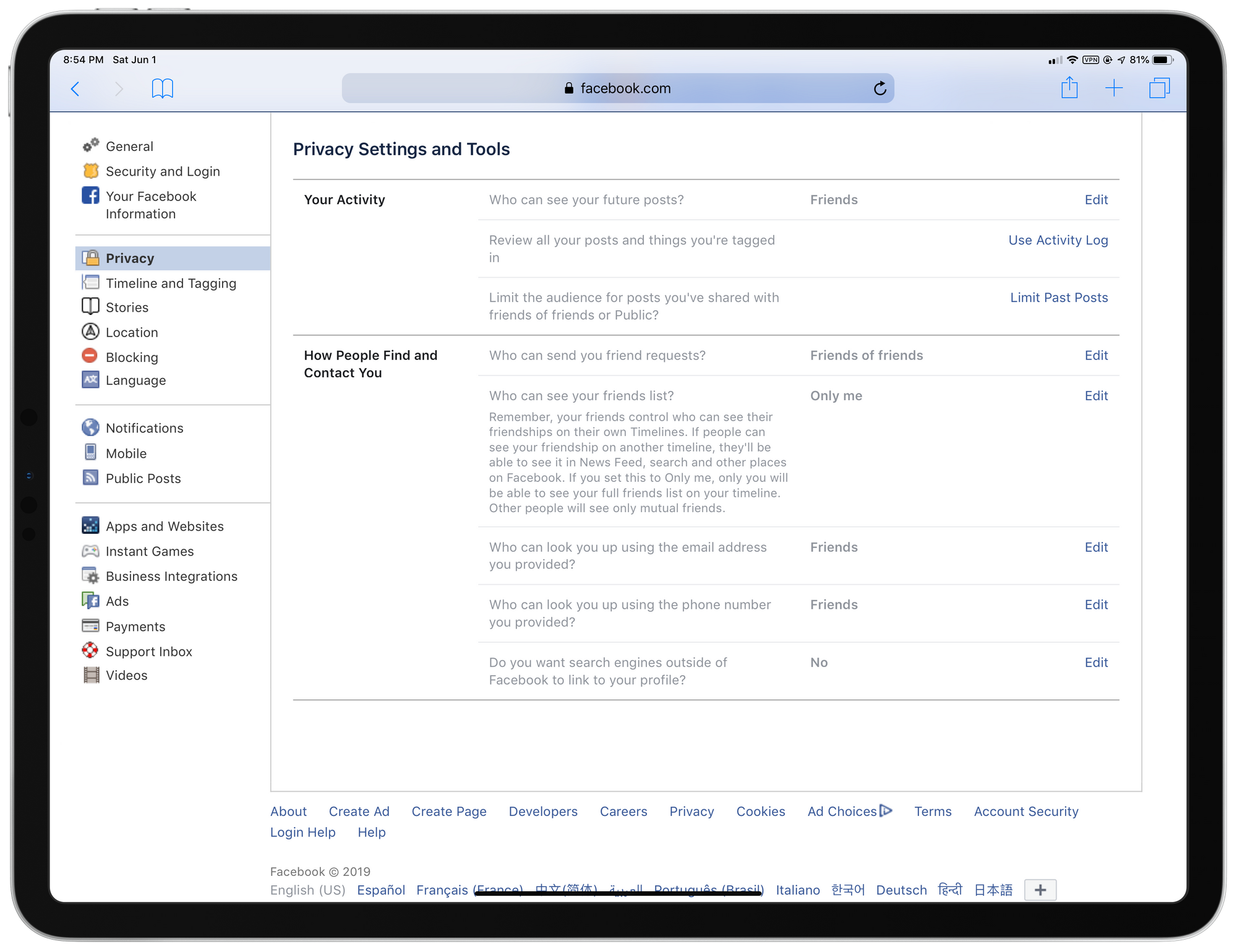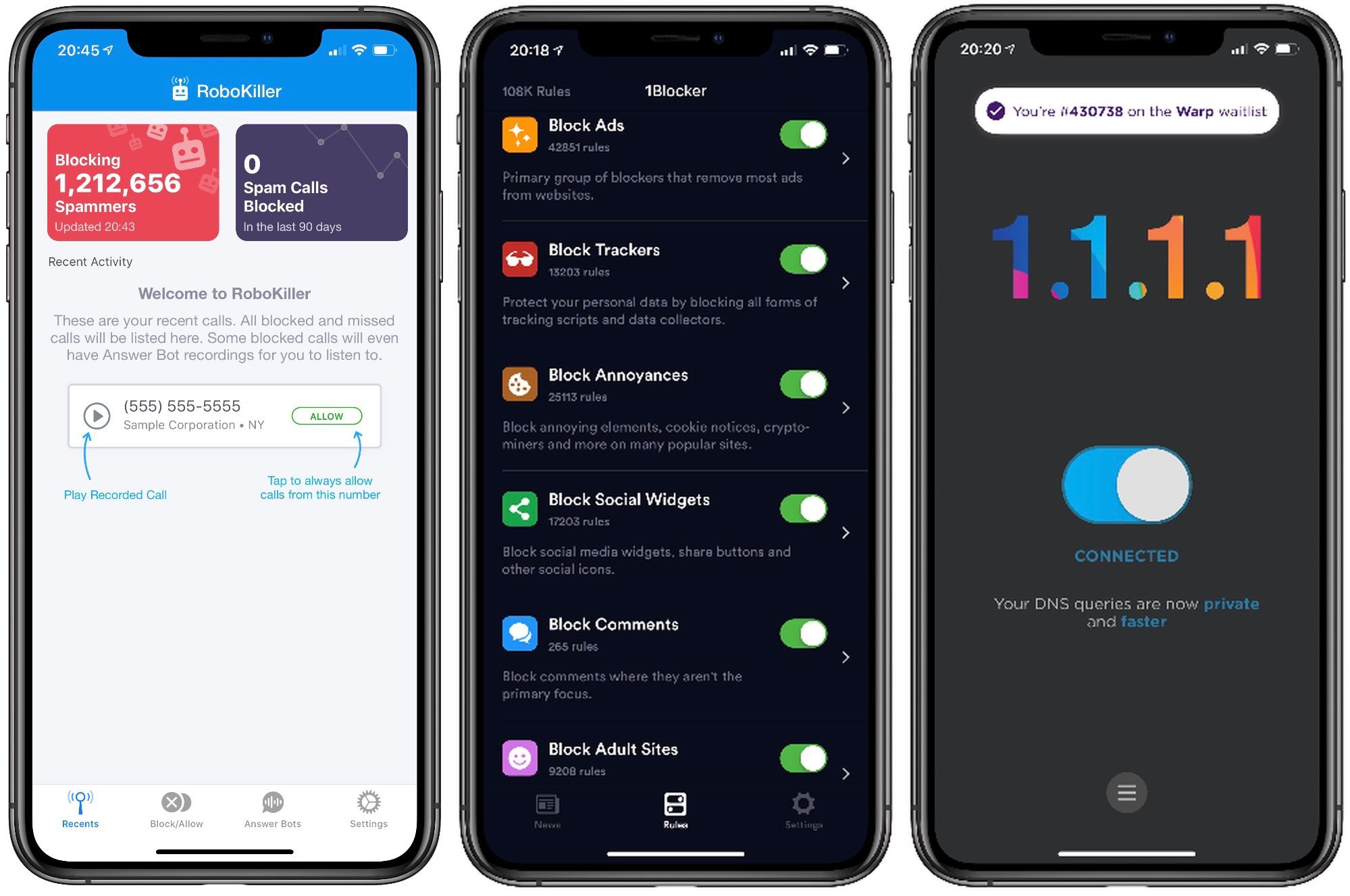After reading parts one and two of my privacy series, I hope you have learned a bit about the world of data collection and the dangers therein. Part three is here to help you manage your data; from the simplest of tasks all the way to the most extreme. There will be four main steps to taking control of your data and privacy, so feel free to jump to what is most relevant to you first.
All of these tasks revolve around a conscious decision to manage your data, and as a part of that I recommend setting aside a Digital Wellness Day. This can be once a month or annually by your choice, and will be a “spring cleaning” but for your digital life. Hope you all gain something from this.
Step 1: Minimize Your Digital Footprint
This is the first and most important step in getting a proper hold on your digital life. Your data is strewn across the web, and it is being mined and collected in order to better target you. In order to get control of your data is first knowing where it is, what it is used for, and how to manage it. Also, ensure you only exist where you are active or needed; this means getting rid of any accounts you no longer use or access. You can minimize your footprint with the following:
-To start, there is a good online resource called simple opt out that has links to over 50 companies and websites to opt out of tracking.
-Use single email account for personal use, and have only as many primary emails as you need for business or school. Gmail and iCloud Email both offer the ability to create multiple email addresses that are tied to one main account, these are known as “alias emails”. I use my main Apple ID as my personal email, then use aliases for my photography business, tech writing business, and a third for potential spam dumps.
-Delete any accounts you are no longer actively using, anything from social media like facebook to instagram, or even gaming and shopping accounts. The only accounts worth keeping that you don’t use are ones with paid goods attached like Playstation or Nintendo. Otherwise delete away, and wikihow is a good resource when its hard to find account deletion pages.
-Set up your accounts to be more private. No one in the public needs to see things like your full name, age, address, workplace, school system, education level, or friend list. Go through all your active social media and blogs and ensure these details are private or only visible to friends. There is an amazing app that is getting more great features all the time called Jumbo. This app will set your privacy settings on various social media, delete old tweets, and erase your google search history. As a privacy nerd, this app is indispensable, and completely safe.
-Don’t give random websites your email/phone number. Apps and websites like tempMail exist to give you a random email address and prevent you from filling your inbox with spam. Keep in mind this email deletes itself when you leave the page, so only use when email correspondence is not needed or you never intend on using the site or service again.
-Delete old photos on facebook. Don't use google photos, its just searching your photos and using them for more advanced data sets. Store your photos on device, in iCloud, and pay for higher storage(It really is quite cheap). Archive photos and videos using external memory cards or hard drives, or sign up for various privacy trusted data archival sites. Having old photos on social media serves no purpose except for creeps and stalkers to look at your history. Bare minimum photos should be a friend only setting. I recommend only keeping photos on social media for 1-3 years and doing an annual archival and deletion during your digital wellness day. It's easy to post and forget, but future employers and creditors love searching through your archives online.
-Remove friends from accounts you do not keep in contact with. Old relatives are not part of this, but if you have your high school friend you havent spoken to in a decade, its time for them to go. Especially remove people you dont know or have no memory of. You don’t want to be associated with someone you don’t know and have them reflect poorly on your character. Remember, social profiles are public and people and employers look and see who you associate with and what you do.  Facebook offers a decent set of privacy tools
Facebook offers a decent set of privacy tools
Step 2: organize your data
-Use a password manager. This one is huge; many people use terrible passwords and repeat them across all their accounts. It is very important that you use different passwords on every account, and luckily you only need to remember one. The one for your password manager. Built into your iOS device is something called keychain. It stores all of your passwords from apps and websites. I prefer something more robust like Dashlane or 1password, but the bare minimum is keychain.
-iCloud photos is a great way to keep all of your photos safe, backed up, and on all your devices. Apple is not looking at your photos and machine learning for facial and object recognition occur on the phone.
-Keep documents digital and safe. I save all of my important documents to iCloud Drive. No more physical cabinet with all your life's information inside. Lucky its safe on your device and in iCloud because of Apple’s attention to security and two factor authentication. I even scan in physical documents and shred them. You can scan documents into your files app with apps like Scanbot.
-Use tags to easily locate data in the files app. This way you can easily locate all of your files without having to remember the entire folder structure of you iCloud Drive.
-Keep track of what sites you have accounts with, which is easily done if you are using a password manager like I mentioned above. Saving a password will save the website its associated with. So your list of passwords doubles as a list of active accounts!
-Clean out your contacts, and I know this one seems silly, but you don’t know how easy it is to select the wrong person when you're drunk till you've done it. Don’t place yourself in compromising positions or accidentally contact someone you'd rather not.
Step 3: implement active measures
-Use a VPN like NordVPN to hide your internet traffic from websites and even your Internet Service Provider.
-Go into Settings →Safari and check out what you have turned on and off. Make sure you select your favorite search engine, make sure you are blocking pop-ups, check off cross site tracking. You can even prevent websites from having default access to your camera and microphone or motion data. Wanna go all out and break some websites? Block all cookies; but you'll find the internet will fight you on this one.
-Content blocking was introduced in iOS 9 and not many people realize it exists. Think of ad blockers but more specific. I love 1BlockerX more than others because it bypasses Apple’s limit on the number of filters that can be used. They have 115,000 rules!
-Call blocking and SMS filters will save you a lot of headache. Robocalls are at an all time high, and driving us all insane. Call blocking is easy with nomorobo with its straightforward features, or Robokiller which will get revenge on those telemarketers for you.
-1.1.1.1 is a free service from Cloudflare that will make browsing safer and faster by masking your DNS inquiries. Don’t worry if you don’t know what that means, just know its another vector for people to get data and track you.  Robokiller, 1Blocker X, and 1.1.1.1 go a long way for providing peace of mind
Robokiller, 1Blocker X, and 1.1.1.1 go a long way for providing peace of mind
Step 4: use apps and services with privacy in mind
-DuckDuckGo is my go to search engine. They don’t track you, don’t save a history, and don’t show biased results based on what they think you'll click on. Duck uses in line ads that are clearly labeled and shows results based on keywords. Give them a follow on twitter too, they are always sharing great tips.
-Apple Maps does not store your location history in an apple server in order to sell a billboard you'll see on the way to work. It started off terrible, I know, but it is night and day. Also, Apple Maps is getting major updates through the year, its the only map with privacy in mind.
-Apple apps offer the best privacy and encryption you can get for free. They are on your device and ready to go. Notes wont crawl your notes for potential ad revenue, and Apple Music isn’t selling your personal listening data. iMessage is the last but not least. End to end encryption and no need to worry about in line ads like facebook messenger.
In Closing, you need to take control of your privacy and data. These major companies couldn’t care less about you or your safety as long as they make their money. Apple shouldn’t be implicitly trusted either, but Tim Cook being loudly vocal on privacy and Apple literally telling the FBI there was no chance at a back door is more than other companies are doing. In the end its up to you, be vigilant and pay attention to what you are putting out on the web.